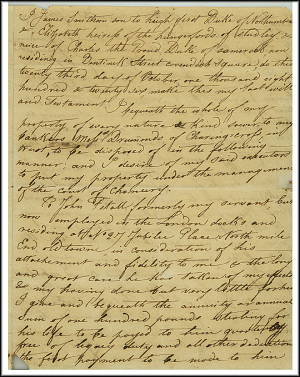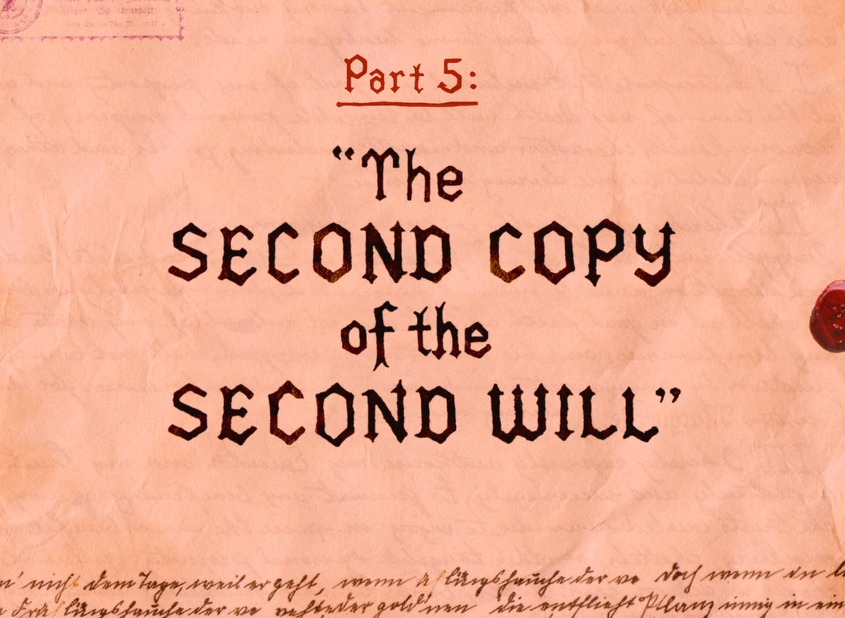Yes, you do. There are many good reasons.
The first reason is because without a will, it can be difficult for anyone to deal with things like closing bank and other types of accounts, e.g. email, websites, phone, Google, Facebook, or to make funeral arrangements or decisions about cremation or burial.
Another good reason is that these days single people can often be closer to non-family than family. You may want your close friends and companions to look after things as well as have some or all of your stuff.
Yet another good reason is that you can leave something to the good causes you believe in. Imagine if everyone did this. Even modest legacy gifts would add up to make a difference.
A will does not have to be complicated but everyone you care about will benefit from the clarity you create by having one.
Below are more particulars about the legal rules of inheritance in Ontario.
“In Ontario, if one passes away without a will, the laws of intestacy dictate who inherits that individual’s assets. These rules are governed by Part II of the Succession Law Reform Act. Where a person dies intestate and leaves no spouse or issue, their property is distributed in the following order: parents, brothers and sisters, nephews and nieces, and finally, next of kin. Where a person dies intestate with none of the mentioned relations surviving, their property escheats to (i.e. becomes the property of) the Crown.
“Depending on the person, the rules of intestacy cannot be assumed to adequately reflect an individual’s wishes. Without a spouse or children of their own, the individual likely formed bonds in the community that are not reflected by the rules of intestacy. For example, close friends or the children of close friends may be a more practical choice.
“Single persons may also have preferred charities or other social or community activities they belong to that they wish to benefit that will only benefit under a will.“
– above from here.



